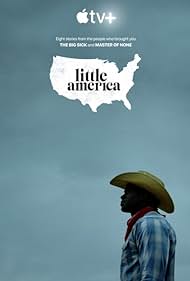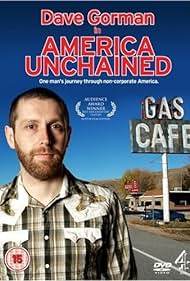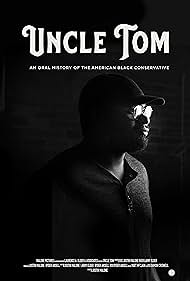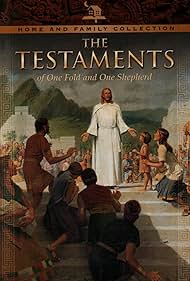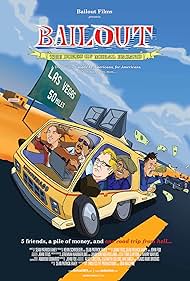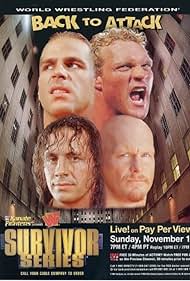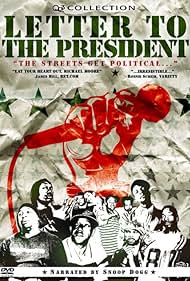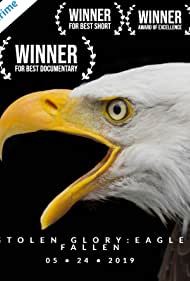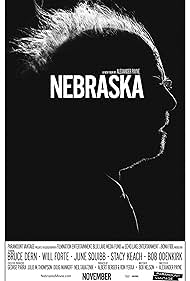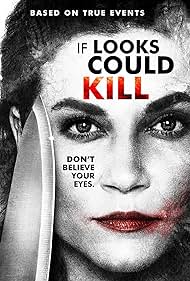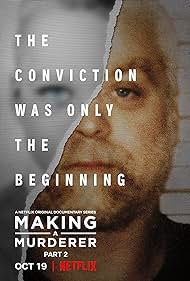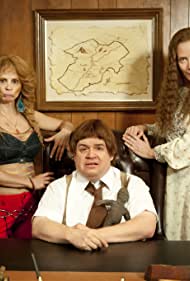66 scener fra Amerika Soundtrack (1982)

Buy on Amazon Play and download Soundtracks
66 scener fra Amerika
66 scener fra Amerika
66 scener fra Amerika
66 scener fra Amerika
66 scener fra Amerika
66 scener fra Amerika
Synopsis
As a visual narrative 66 scener fra America is reminiscent of a pile of postcards from a journey, which indeed is what the film is. It consists of a series of lengthy shots of a tableau nature, each appearing to be a more or less random cross section of American reality, but which in total invoke a highly emblematic picture of the USA. With the one travelling shot (through a car windscreen) and one pan (across a landscape) the tableau principle is only breached on two occasions; exceptions that prove the rule, so to speak. The images or postcards may be viewed as a number of interlaced chains of motifs, varying from ultra close up to super wide, include pictures of landscapes, highways and advertising hoardings, buildings seen from without, mostly with a fluttering Stars and Stripes somewhere in the shot, objects such as coins on a counter, refrigerator with a number of typical food products, a plate of food at a diner or a bottle of Wild Turkey, and finally, people who introduce themselves (and sometimes the content of their lives in rough-hewn form) facing the camera: for example, the New York cabbie or the celebrities Kim Larsen and Andy Warhol. The film actually consists of 75 shots but in some cases several shots combine in one scene, thus ending on sixty six. Each scene is delimited by the narrator; at the end of each shot he pins down the picture content, often by a simple indication of time or place, but in some cases more playfully, often shifting our perception in a surprising fashion. Similarly the sound close-ups in some scenes are intended to alter the viewer's immediate interpretation of the picture content, while the mood-creating or interpretive use of Erik Satie's Gnossiennes (No. 5) provides the final component of the film.
